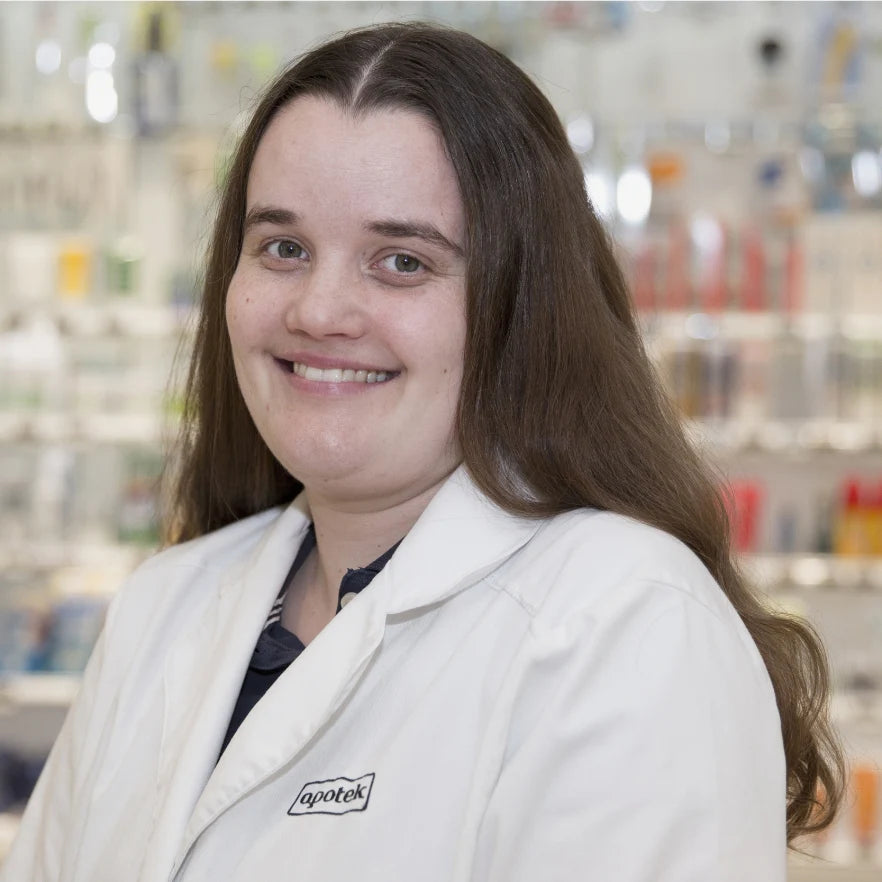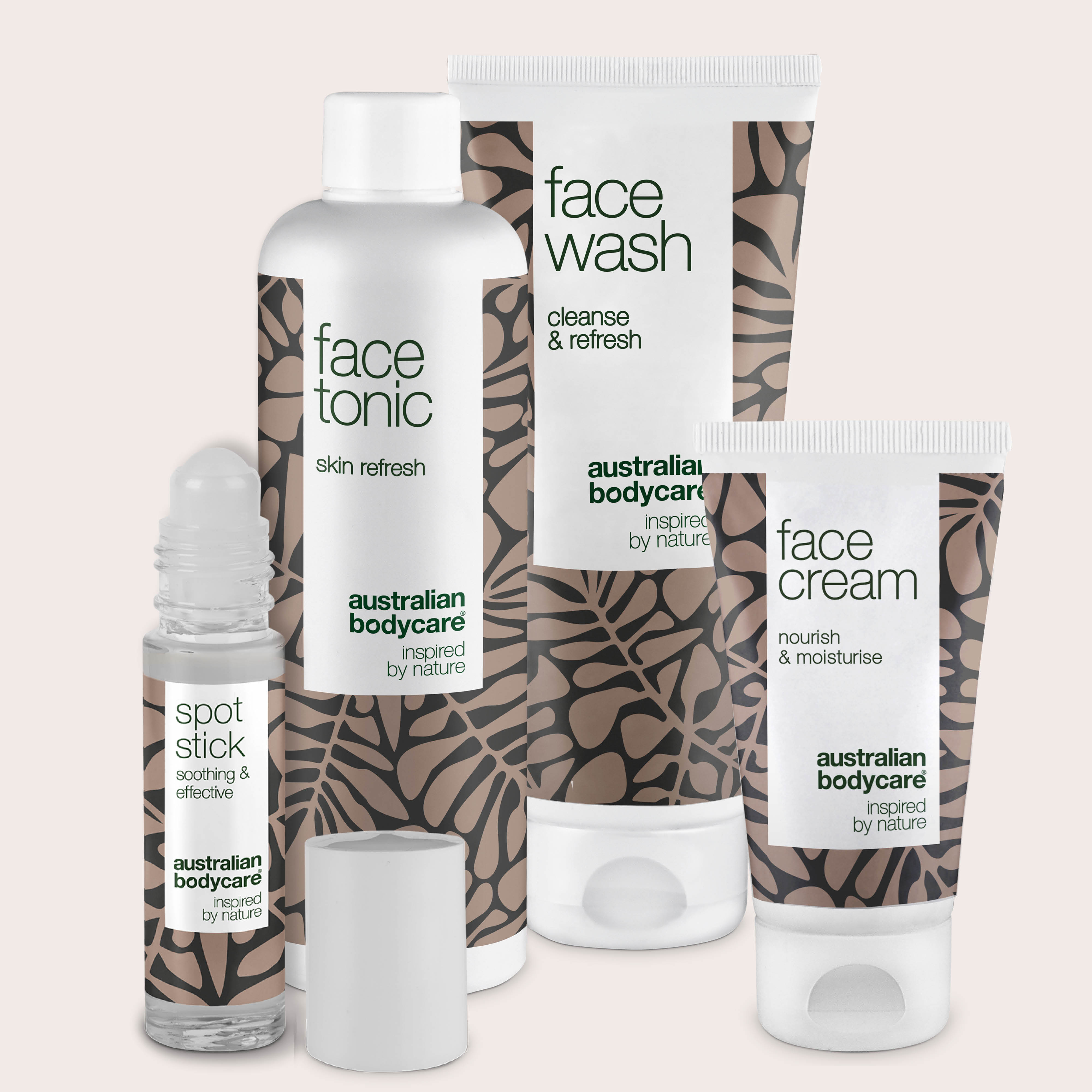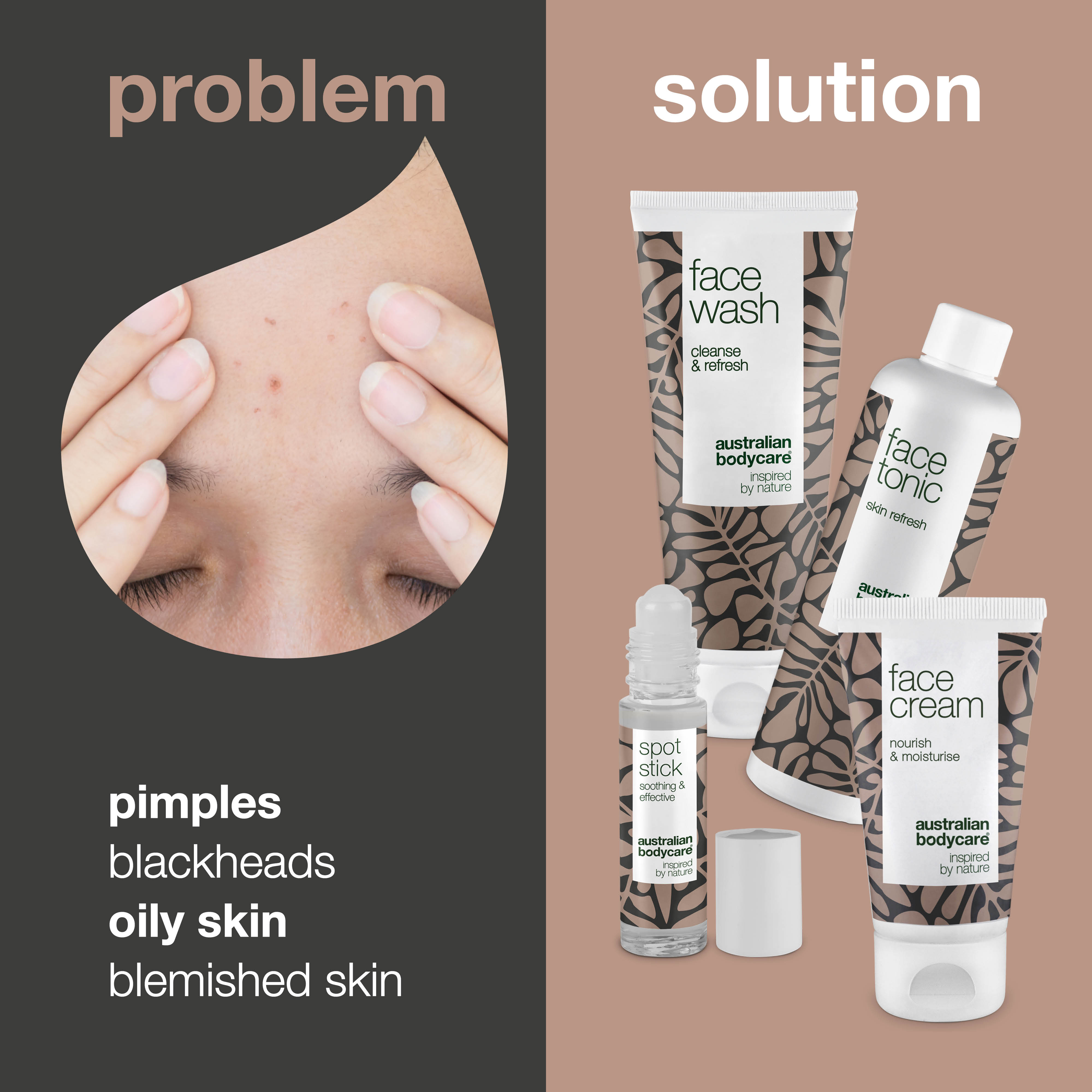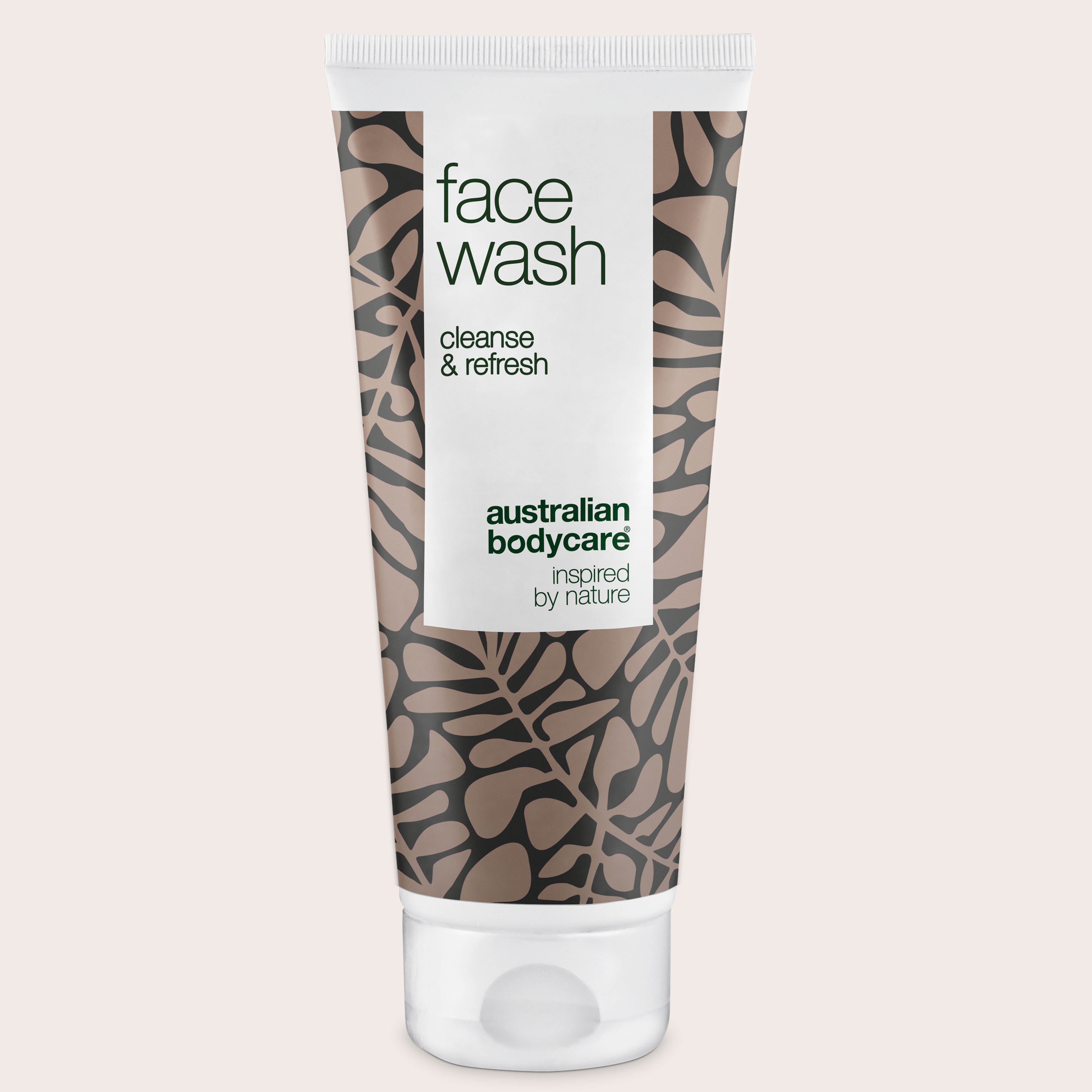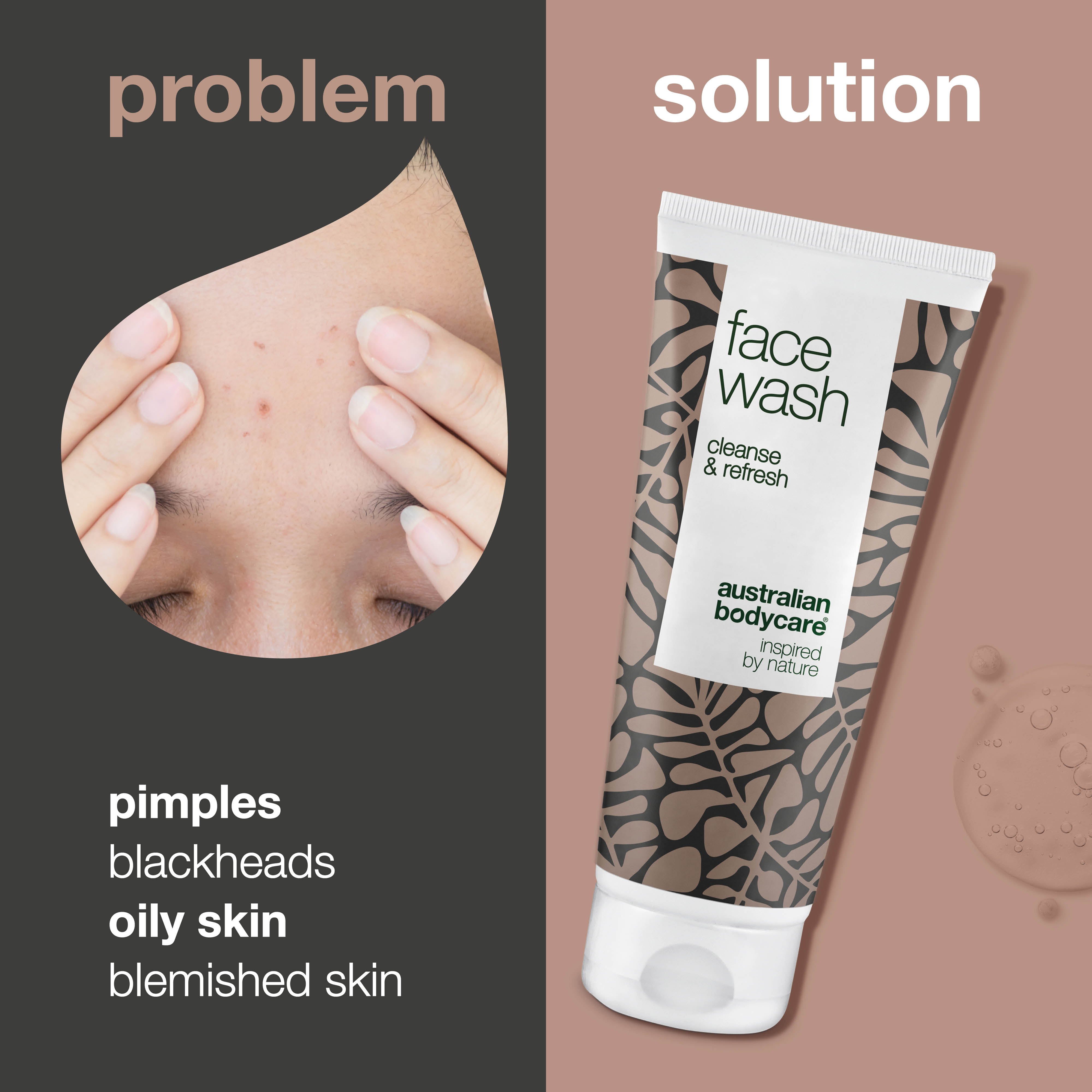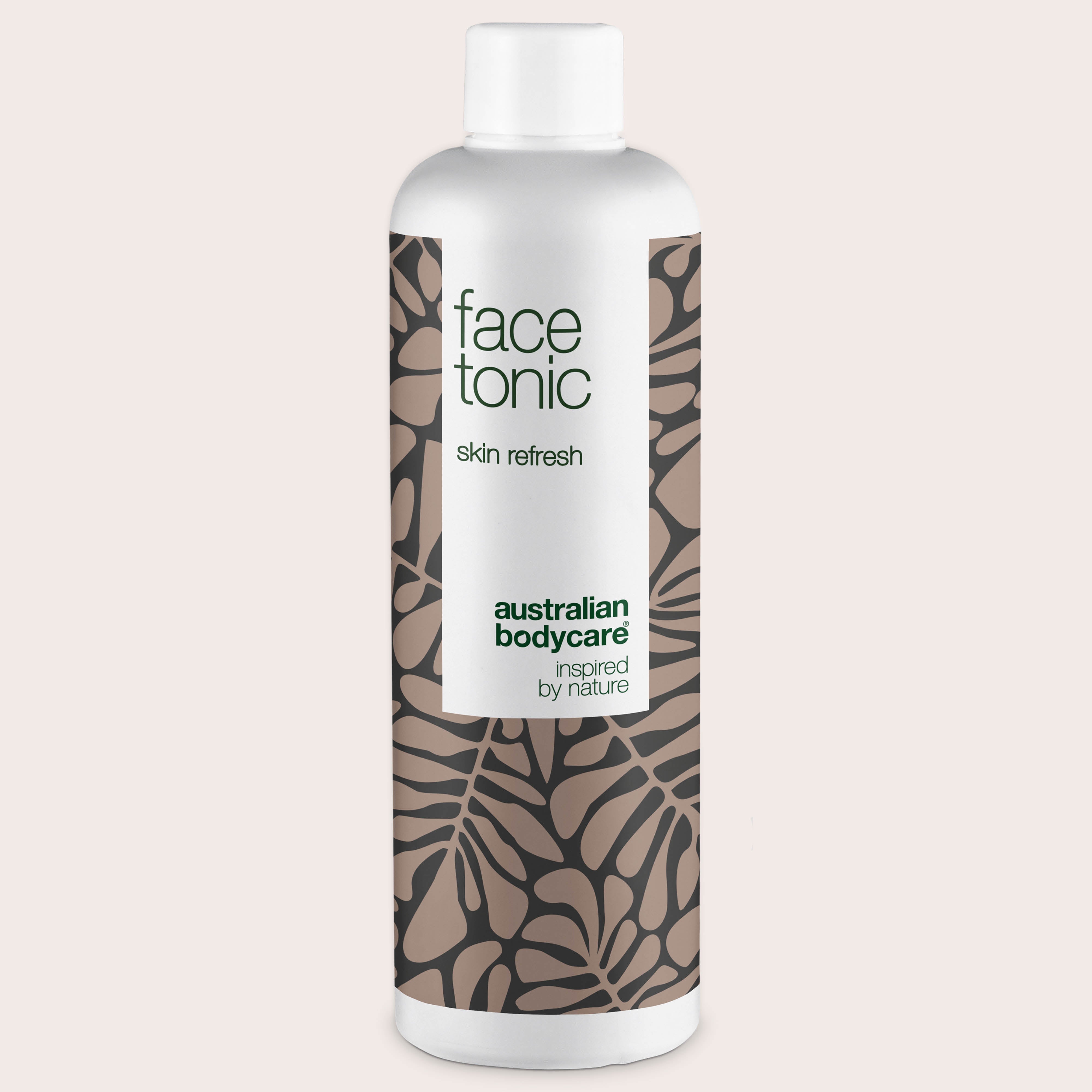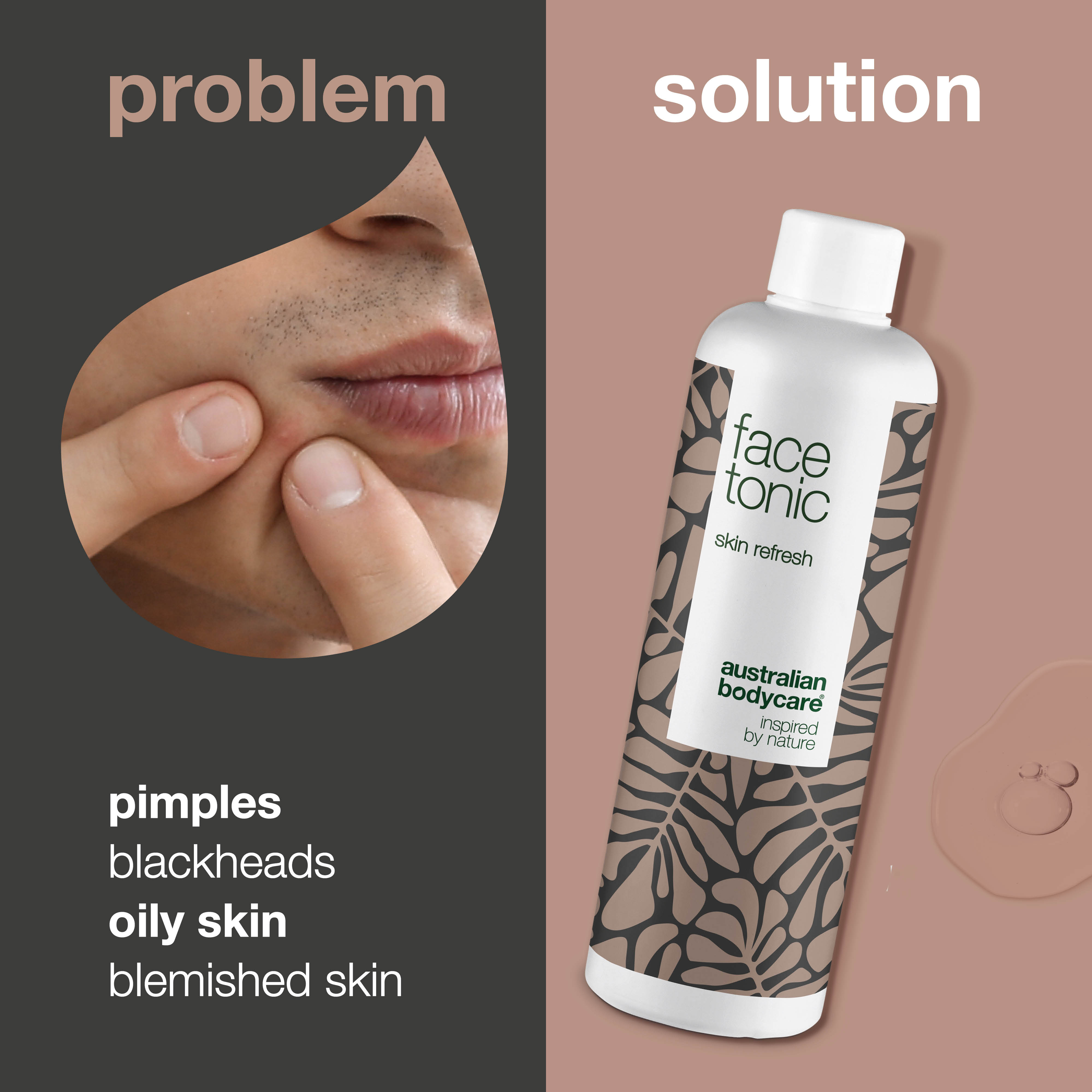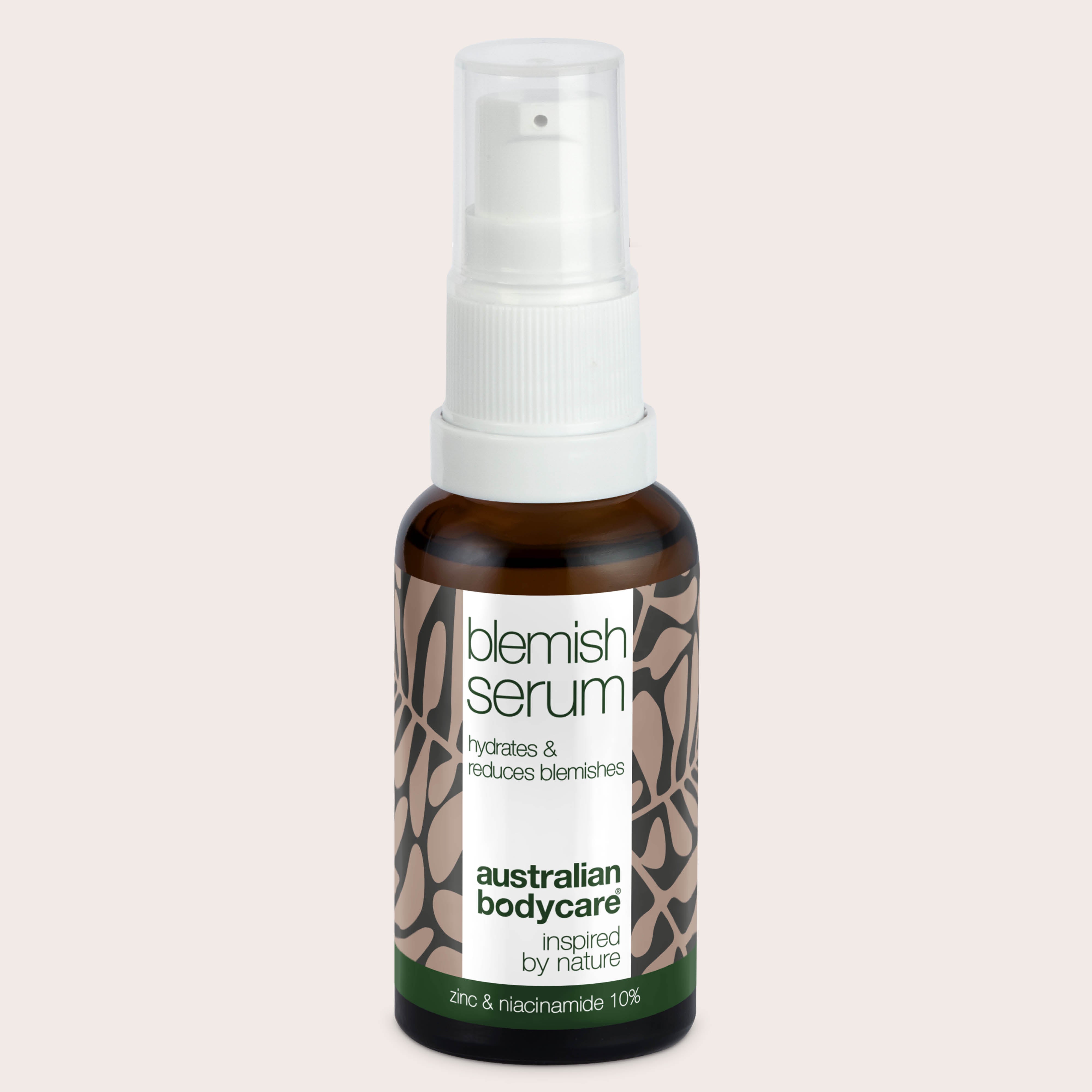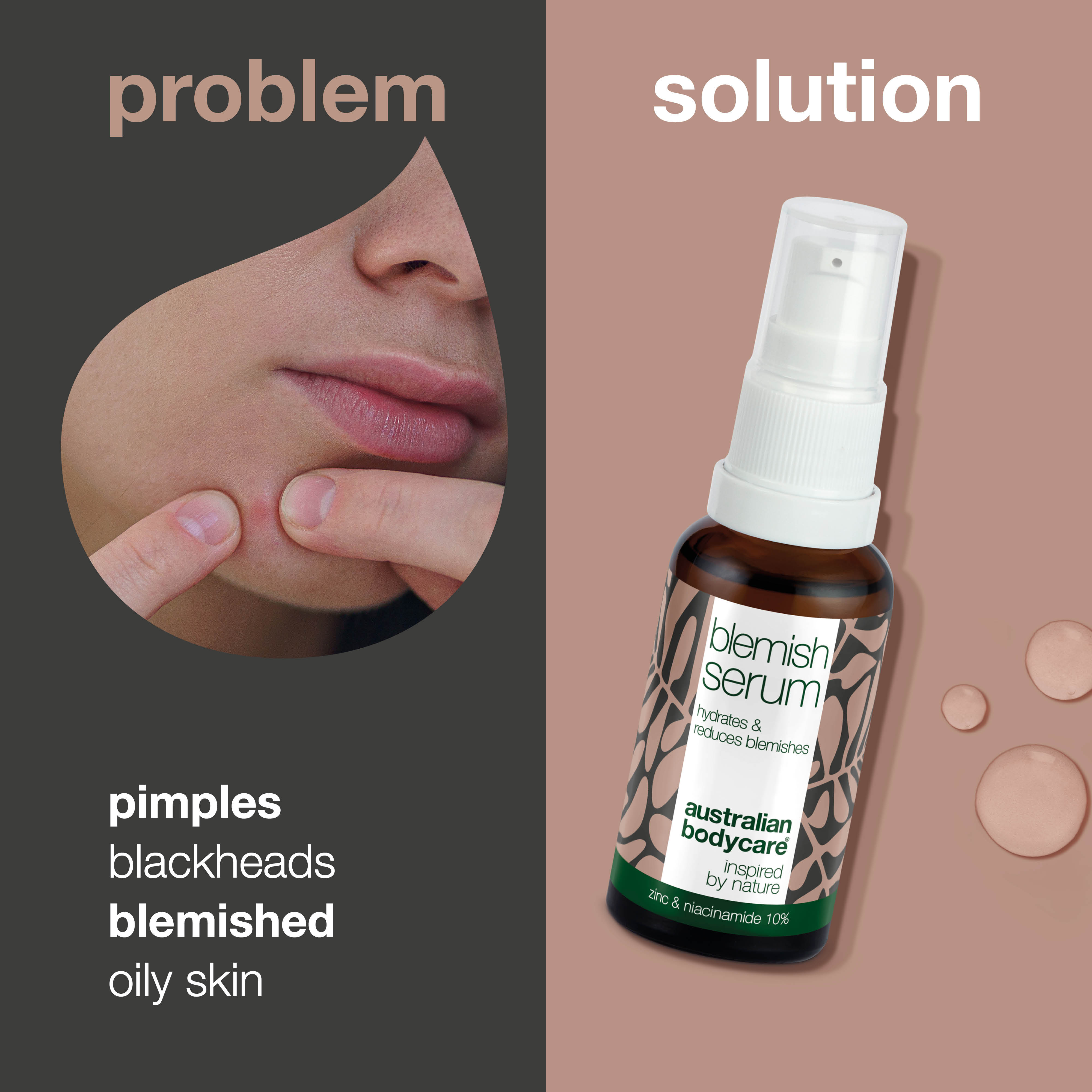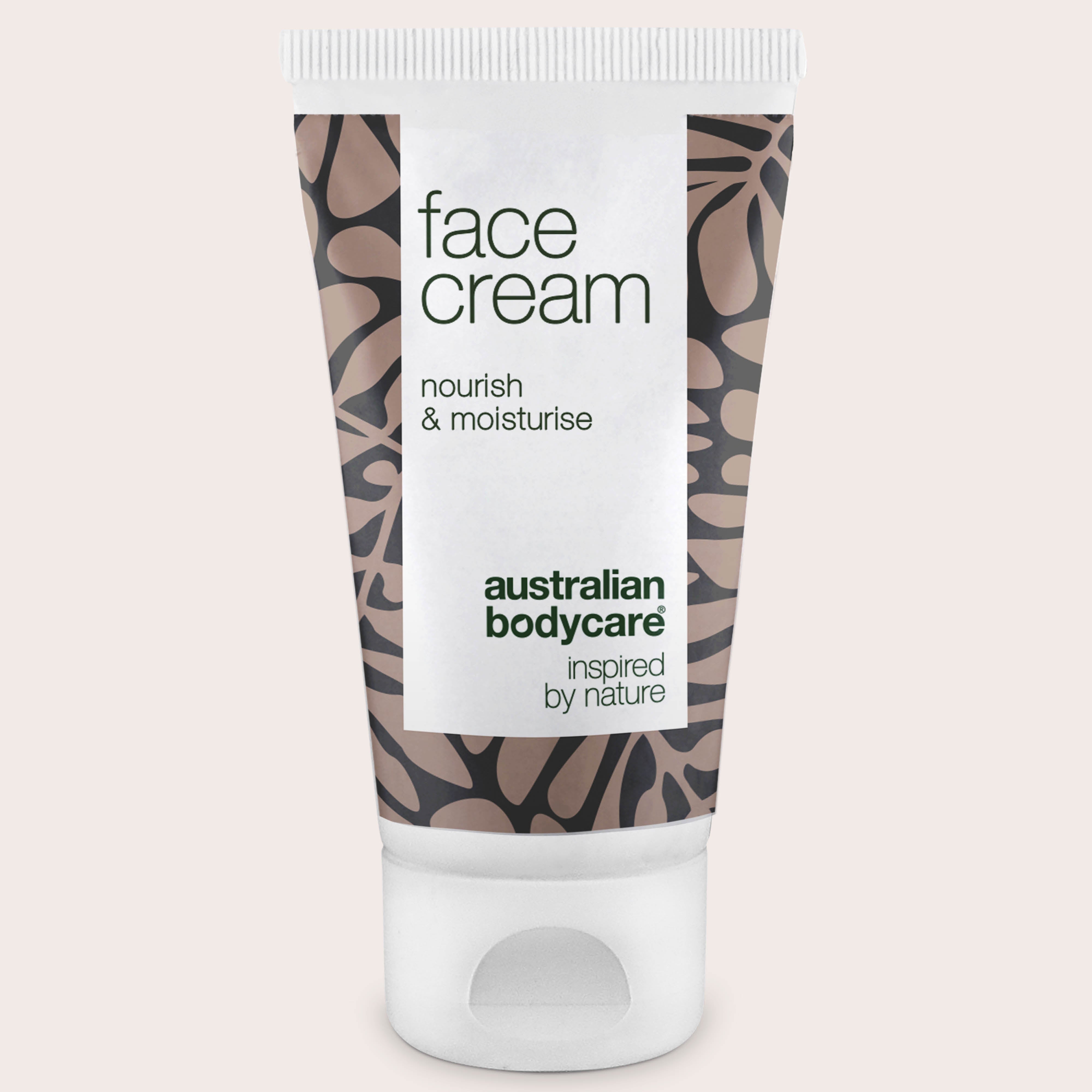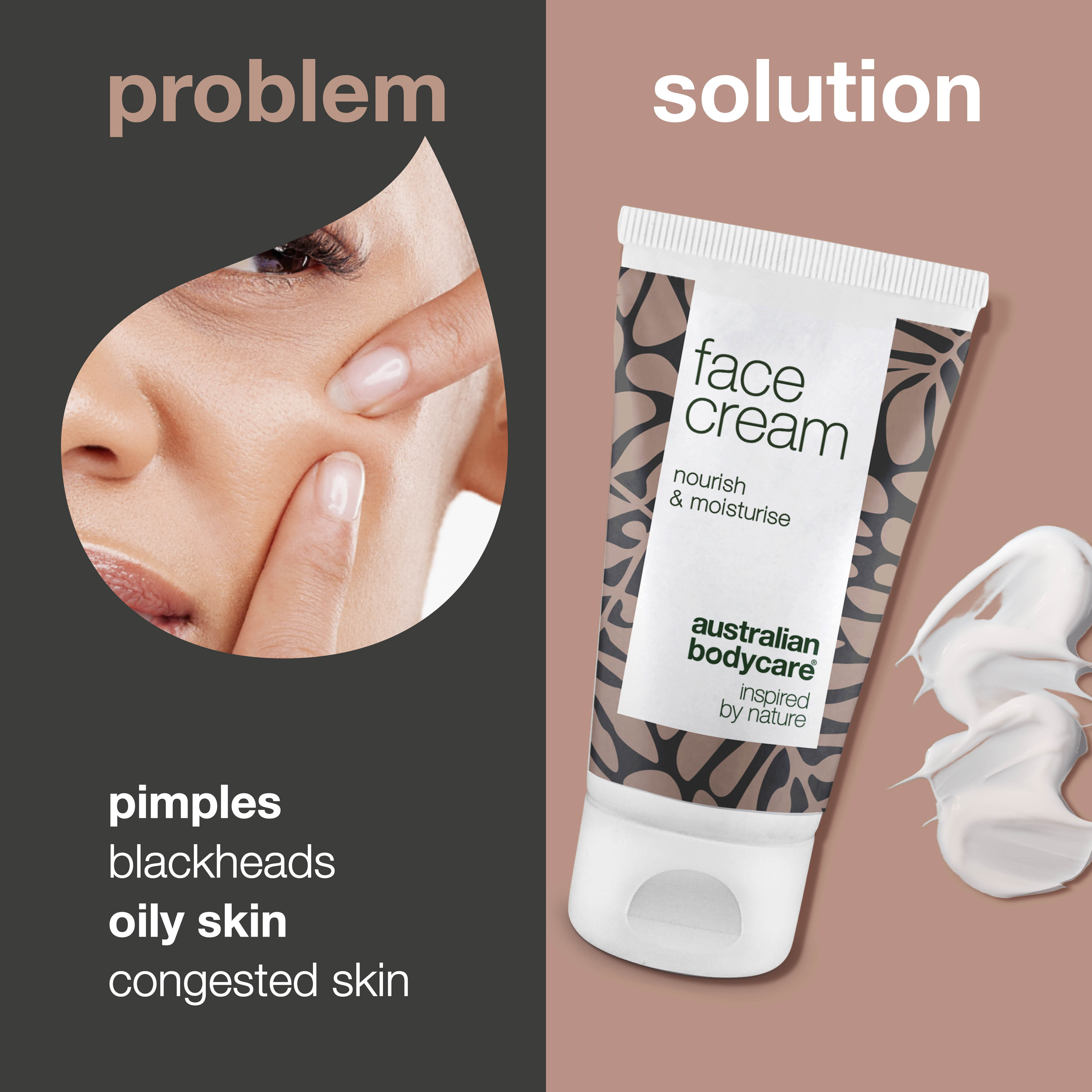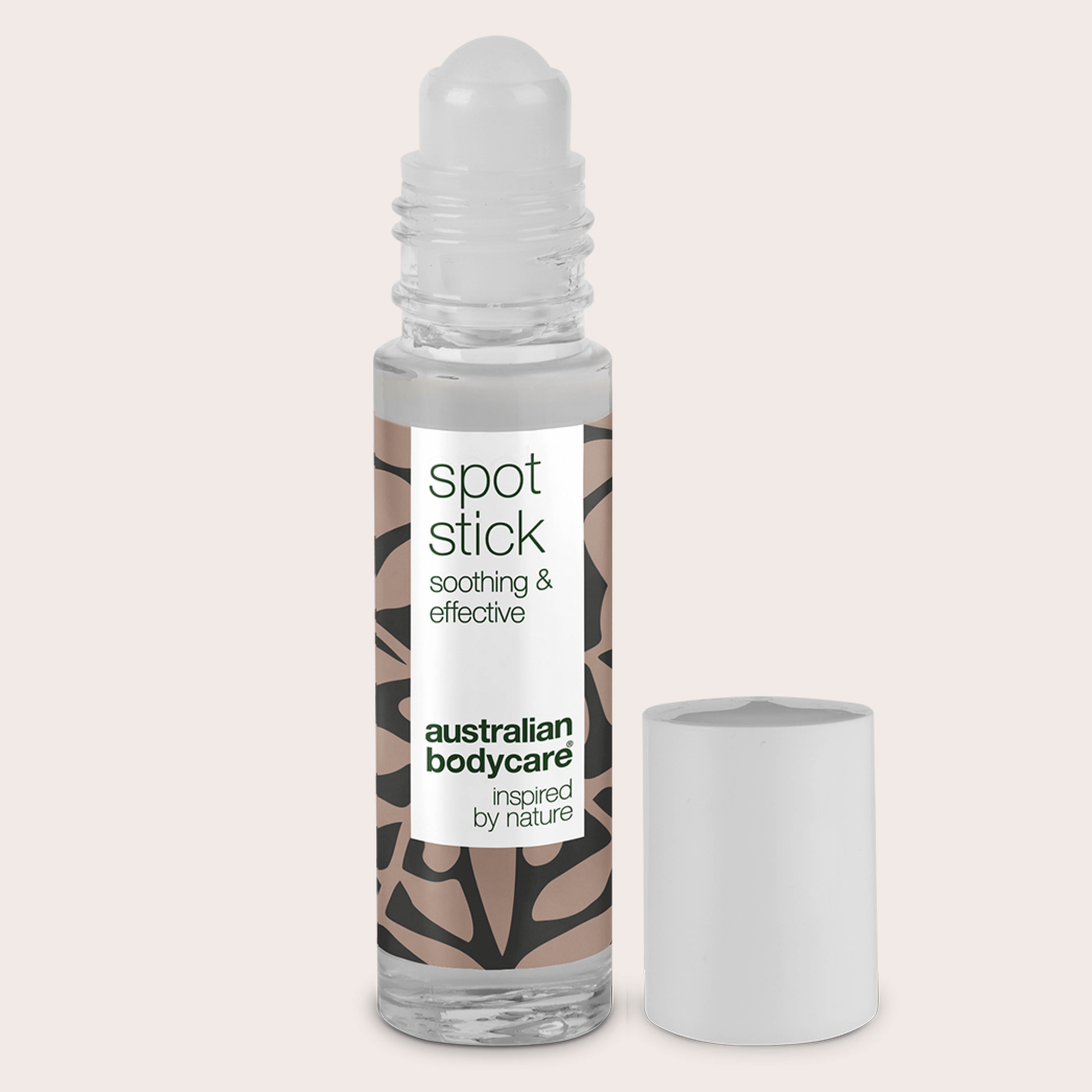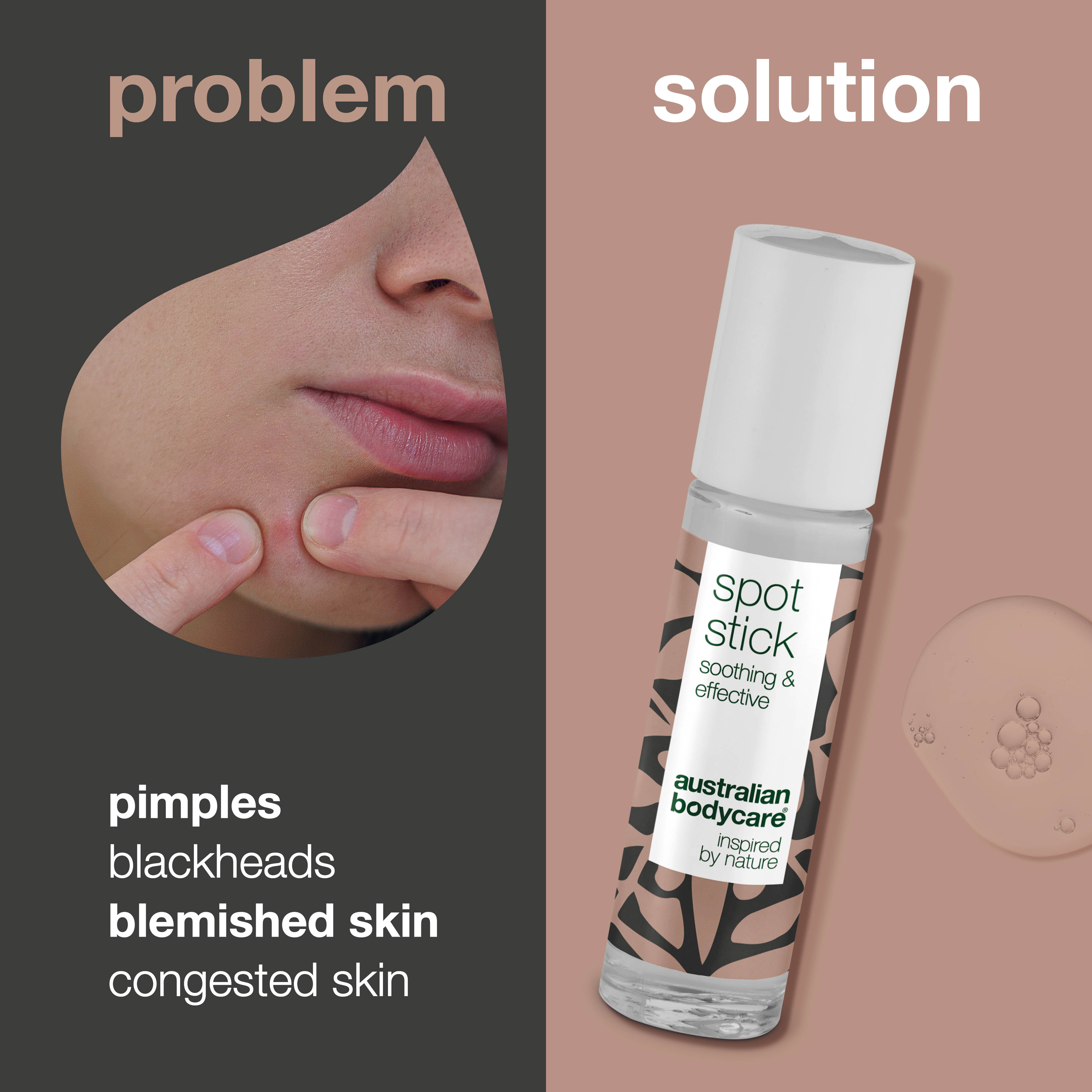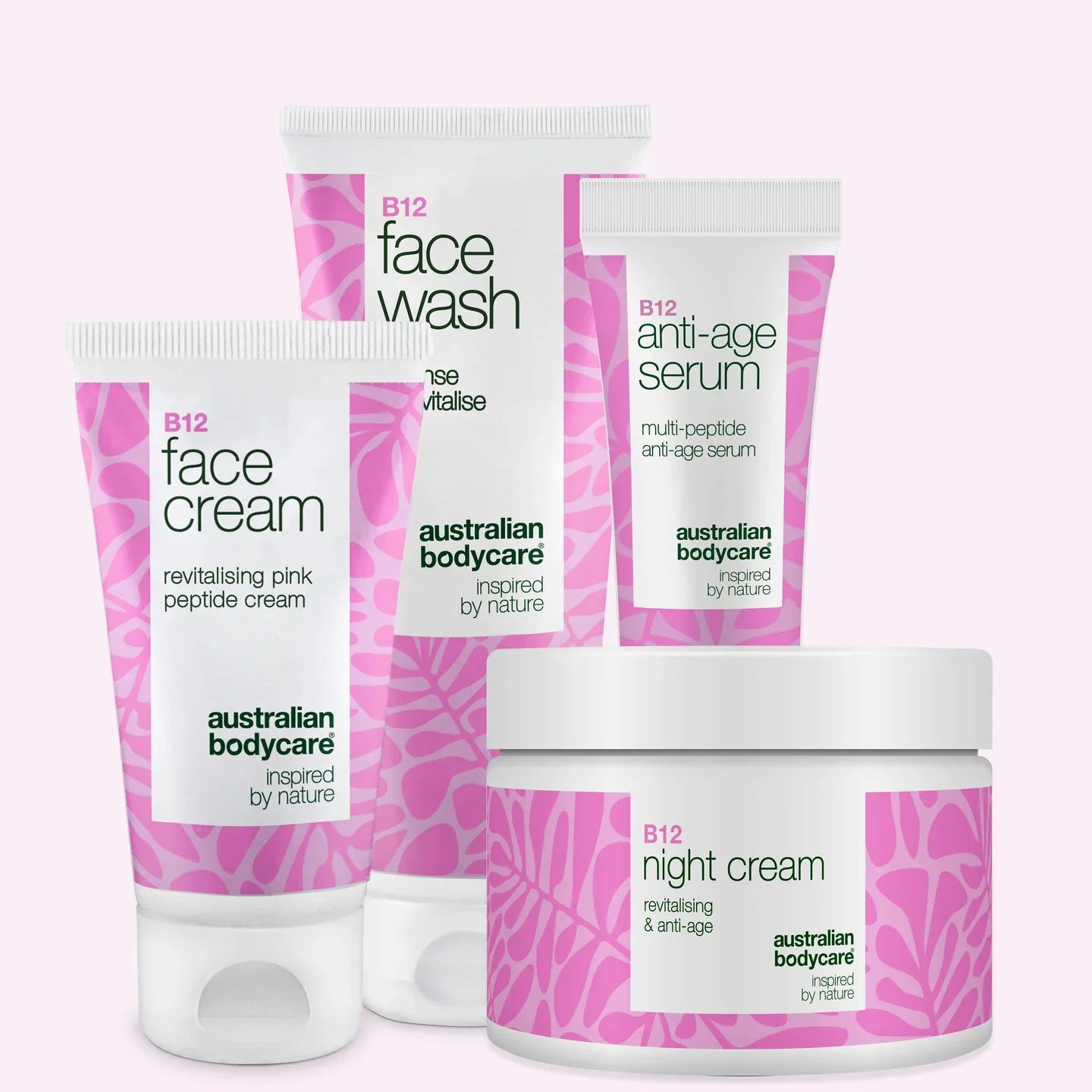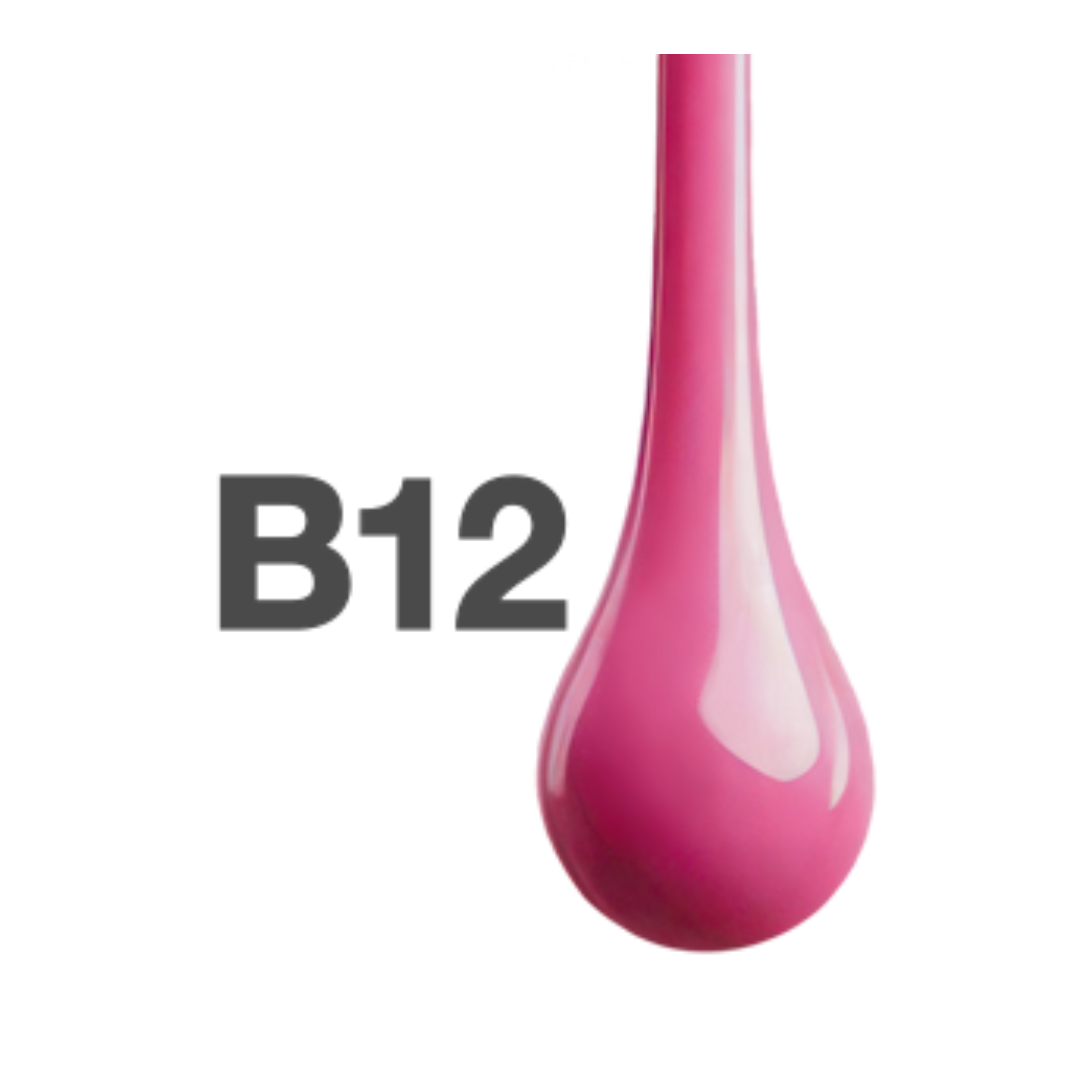Pimples on the cheeks - how to get rid of them
Do you suffer from pimples on your cheeks? Don't worry, it's a perfectly normal condition. There can be many reasons why you get pimples on your cheeks - from hormones and stress to clogged sebaceous glands. Luckily, there's a lot you can do about it.
Table of contents
What are pimples on the cheeks?
Cheek pimples are a common condition that affects many people. Both teenagers and adults, men and women can be affected by blemishes and pimples on the cheeks.
There can be many underlying reasons why you get pimples on your cheeks. But in reality, the condition is caused by your pores becoming clogged for one reason or another.
Pimples on the cheeks are caused by clogged sebaceous glands
Too much oil production in the skin can irritate your pores, creating a perfect breeding ground for the skin bacterium propionebacterum acnes, which feeds on skin oils. When skin oil breaks down, waste products and fat can build up and irritate the sebaceous glands. This can result in inflammation - what you know as pimples on the cheeks.
The inflammation is what gives you red, swollen areas on your skin, which may also contain yellowish pus. You can get both red and yellowish pimples on your cheeks, but this is also an area where many people get blackheads.
You can get pimples all over your face, but many people get pimples in the centre of their cheeks and towards the nose. This is because this area is part of the T-zone, where more skin oil and fat is produced than in the rest of the face.
It's perfectly normal to hav pimples on your cheeks
Although blemishes on the cheeks can be annoying and uncomfortable, they are perfectly normal. And there are actually many things you can do to prevent and treat pimples on your cheeks.
But before we get to that, we need to take a closer look at what causes pimples on the cheeks.
Causes of pimples on cheeks
Do you suffer from pimples on your cheeks on a regular basis, or is it just something you experience once in a while?
No matter how affected you are, it's never fun to discover that a red, swollen pimple is about to show up on your cheek. It's impossible to predict who will be particularly affected by pimples on the cheeks - but there are a number of known causes that can contribute to cheek blemishes.
Your genes can have an impact on your skin
It's frustrating, but pimples on the cheeks, as well as on the rest of the face, can be hereditary. So if your parents suffered a lot from blemished skin, you may be unlucky enough to have inherited the condition from them.
Unfortunately, you can't change your genes - but you can make a big difference with a good skincare routine to keep pimples at bay.
Hormones can cause pimples on cheeks
As both girls and boys enter their teenage years, something happens to their hormones - levels of the male hormone androgen increase, which can lead to blemishes and pimples on the cheeks.
But that's not the only time hormones can play tricks on your skin. Many pregnant women suffer from blemished skin due to higher levels of hormones in the body, and the same is true for many women during menstruation.
Stress is hard on the skin
When you are stressed, you actually have an inflammatory state in your body and this can contribute to pimples on your cheeks.
At the same time, your body is often overworked when you are stressed - and this makes it more susceptible to inflammation, for example. Since acne is an inflammation of the skin, stress can cause pimples on the cheeks and the rest of the face.
Clogged pores in the T-zone
If your skin has an overproduction of oils, it can cause clogged pores. That's why there's often a link between oily skin and pimples - but it's not always the case, and people with dry skin can also get pimples on their cheeks.
You are often more oily in your T-zone (forehead, nose, chin and, for some, cheeks), which means that your pores and sebaceous glands are more easily clogged and irritated - and this leads to pimples on the cheeks.
That's why it's important to make sure you cleanse your skin of excess oil and bacteria both morning and night. It's a good idea to use a mild and effective face wash such as Face Wash from Australian Bodycare.
Watch your diet
There's no scientific link between unhealthy food and acne - but your body is in the best position when you eat a healthy and varied diet. So if you want to minimise pimples on your cheeks, it's always a good idea to take care of your diet.
Although research has not shown a direct link between blemished skin and food, some research suggests that dairy products can cause blemished skin. If you suffer from pimples on your cheeks, try cutting down on dairy products such as yoghurt and milk.
Smoking affects your skin
It's no secret that smoking is bad for your health. But did you know that smoking also takes its toll on your skin?
Smoking doesn't just cause wrinkles - studies show that smokers are more likely to have blemished skin, so that's another reason to give up cigarettes.e.
Your skin can tell you something about your health
Ayurveda is an ancient Indian health science that believes that pimples are caused by imbalances in the body.
For example, if you suffer from pimples on your cheeks, it may have something to do with a poor metabolism and poor absorption of nutrients. The advice here is said to be to maximise good fatty acids and avoid alcohol, coffee and spicy foods.
Poor make-up hygiene
Do you remember to remove all your make-up before going to bed? Or are you not so good at remembering to clean your make-up brushes? If so, this could be the reason why you suffer from pimples on your cheeks.
Poor make-up hygiene can be what gives you pimples on your cheeks. If you wear a lot of make-up or are bad at removing it, your pores can become irritated and clogged. If you don't remember to wash your hands before applying make-up, or if you're bad at cleaning your brushes, you can spread unwanted bacteria on your face - and that can lead to pimples.
So make sure you use a good make-up remover and follow up with a good face wash. If you wear make-up, you should double cleanse, which means using two different cleansing products to make sure all dirt and make-up is removed.
Products to treat pimples on the cheeks
The most important thing you can do to treat pimples on your cheeks is to make sure you have a good skincare routine that you stick to both morning and night. This will ensure that you cleanse your skin of excess oils and bacteria while moisturising and nourishing your skin.
But which products should you go for? Below, we've put together a skincare routine tailored for acne on the cheeks to make it easier for you to find the right products for your problem.
Results after 4 weeks use of the face kit
Step: 1 – Deeply cleanse your skin with Face Wash
If you wear make-up, start by using a make-up remover to clean off your make-up, then use the Face Wash from Australian Bodycare. If you don't wear make-up, simply start with Face Wash.
You should use Face Wash morning and night to remove excess oils, bacteria, dead skin cells and so on. The facial cleanser is used with lukewarm water, then massaged into the skin and rinsed off.
The face wash is designed for impure skin, so it cleanses deeply, and prevents impure skin.
Step: 2 – Cleanse and nourish your skin with Face Tonic
Once you've cleansed your skin, you can use a nourishing skin tonic. Face Tonic from Australian Bodycare is specially developed for impure skin, and unlike many other skin tonics, it is gentle on the skin as it does not contain alcohol.
A Face Tonic helps to further cleanse your skin while also containing nourishing ingredients. Apply Face Tonic to a cotton pad and massage it into your face in circular motions. Do not rinse off.
This leaves your skin extra ready to receive the nourishing ingredients of a moisturiser.
Step: 3 – Blemish Serum
Apply a few drops of the good Blemish Serum to the newly cleansed face and neck and massage in well. Let the serum penetrate the skin and do its work - the product does not need to be washed off.
Step: 4 – Moisturise and nourish your skin with Face Cream
Whether you have dry, normal, combination or oily skin, it's important to moisturise and nourish your skin. Although pimples on the cheeks are often associated with oily skin, your skin still needs moisture. Otherwise, you risk your skin trying to overcompensate and start producing even more oil.
To give your skin the best care, it is therefore important to finish your routine with a nourishing face cream such as Face Cream from Australian Bodycare. Face Cream is formulated for blemish-prone skin, so you can care for, combat and prevent at the same time.
Step 5: Help blemished skin with Spot Stick
With Spot Stick, you can fight pimples that you can see coming. Simply apply Spot Stick to the affected area to stop the pimples from getting further inflamed. Use it whenever needed- it can also be used with make-up.
Step: 6 – Use Face Mask when your skin needs extra care
When your skin needs extra care, you can use a delicious clay mask for pimples on your cheeks. By pampering your skin with a deep cleansing clay mask once a week, you'll help keep sebum production going and reduce the risk of pimples.
What else can you do to get rid of pimples on your cheeks?
A good skincare routine can go a long way, but is there anything else you can do to get rid of pimples on your cheeks? The answer is yes - there are a number of tips that can also help you with your "get rid of pimples on cheeks" project.
Get rid of pimples on your cheeks - 7 tips:
- Don't touch your face. Your hands are full of oils and bacteria, so try not to touch your face. The same goes if you're tempted to pick a pimple. The best thing you can do is not to. If you can't, make sure you disinfect the area before and after - for example, use a spot stick to prevent bacteria on the skin.
- Make sure you wash your bed linen often. Your pillowcase in particular can be a mecca for bacteria, causing pimples on your cheeks. So make sure you change and wash your bed linen often.
- Make sure you remove your make-up - every night. It's important to make sure you remove your make-up completely before you go to bed. Try cleansing your face with two different cleansers to make sure your skin is completely clean.
- Reduce the amount of make-up you wear. If you wear a lot of make-up, your skin can't breathe - and that leads to pimples. So use less make-up, or opt for mineral powders, foundations and oil-free make-up to help your skin breathe.
- Keep your hygiene up to date. Hygiene is important if you want to keep your skin clean. Make sure you wash your hands frequently - and also make sure you clean your mobile phone every now and then, for example, as this is a great place for bacteria to accumulate.
- Avoid exposing your skin to too much cold, heat or sunlight - and always remember to use sun cream on your face.
- Live healthily - eat well, exercise and make sure you get a good night's sleep.
